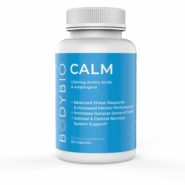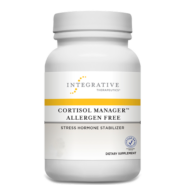Stress is how the human body reacts to the demands placed upon it by both a person’s internal world and the external world that he or she encounters. It is a normal part of life and can be either beneficial for the body or harmful, depending on the types of stress encountered and whether the stress is under control. Generally speaking, mental health professionals have identified three types of stress. People might find themselves confronted by chronic stress, acute stress or episodic acute stress. The types of stress are not mutually exclusive, and it is possible for all three to be present in an individual’s life at the same time.
Human bodies respond differently to each of these types of stress. Acute stress, also known as the fight-or-flight response, is stress that is new and lasts only a short time. It creates a sudden and spontaneous reaction to a scare, shock, challenge or major threat.
Oddly enough, acute stress can be both positive and negative. Eustress, considered good stress, is fun and keeps people vital. It is the type of stress that a person feels during an exciting ski run down a tough slope, when riding a roller coaster or while watching a scary movie. The negative form of acute stress, distress, is one of the intense types of stress and is what a person might feel when trying to meet an important deadline or after a car accident. It is for a short term, so acute stress usually doesn’t cause serious problems for the body, but overdoing short-term stress might bring on a tension headache, an upset stomach or other symptoms.
Episodic acute stress is a form of stress that occurs when acute stress ceases to be a short-term stress and, instead, happens frequently and becomes a way of life. People who are experiencing episodic acute stress often live lives of chaos, crisis and disorganization. Over time, the symptoms of this type of stress can be serious and result in hypertension, migraines and heart disease.
Chronic stress is the most debilitating type of stress because it seemingly has no end; for example, it is the stress of feeling trapped in an unhappy marriage or bad job. The body’s response to chronic stress is not as dramatic as the fight-or-flight response of acute stress, but research suggests that because it lasts longer, it causes more problems. With chronic stress, a person’s mental and physical resources might become depleted to the point of causing a physical or emotional illness such as stroke, heart attack or even suicide.
€73.70 Ships from Netherlands, VAT incl.
€81.00 Ships from Netherlands, VAT incl.
€117.09 Ships from Netherlands, VAT incl.
€124.75 Ships from Netherlands, VAT incl.
€70.50 Ships from Netherlands, VAT incl.
€189.97 Ships from Netherlands, VAT incl.












